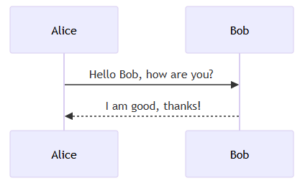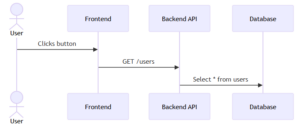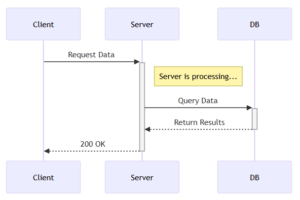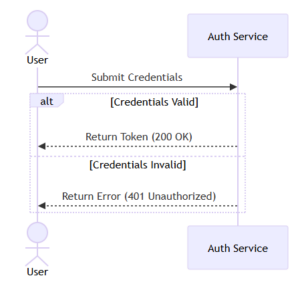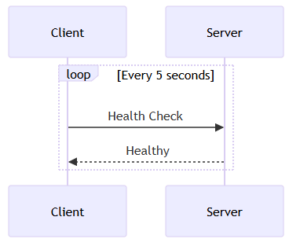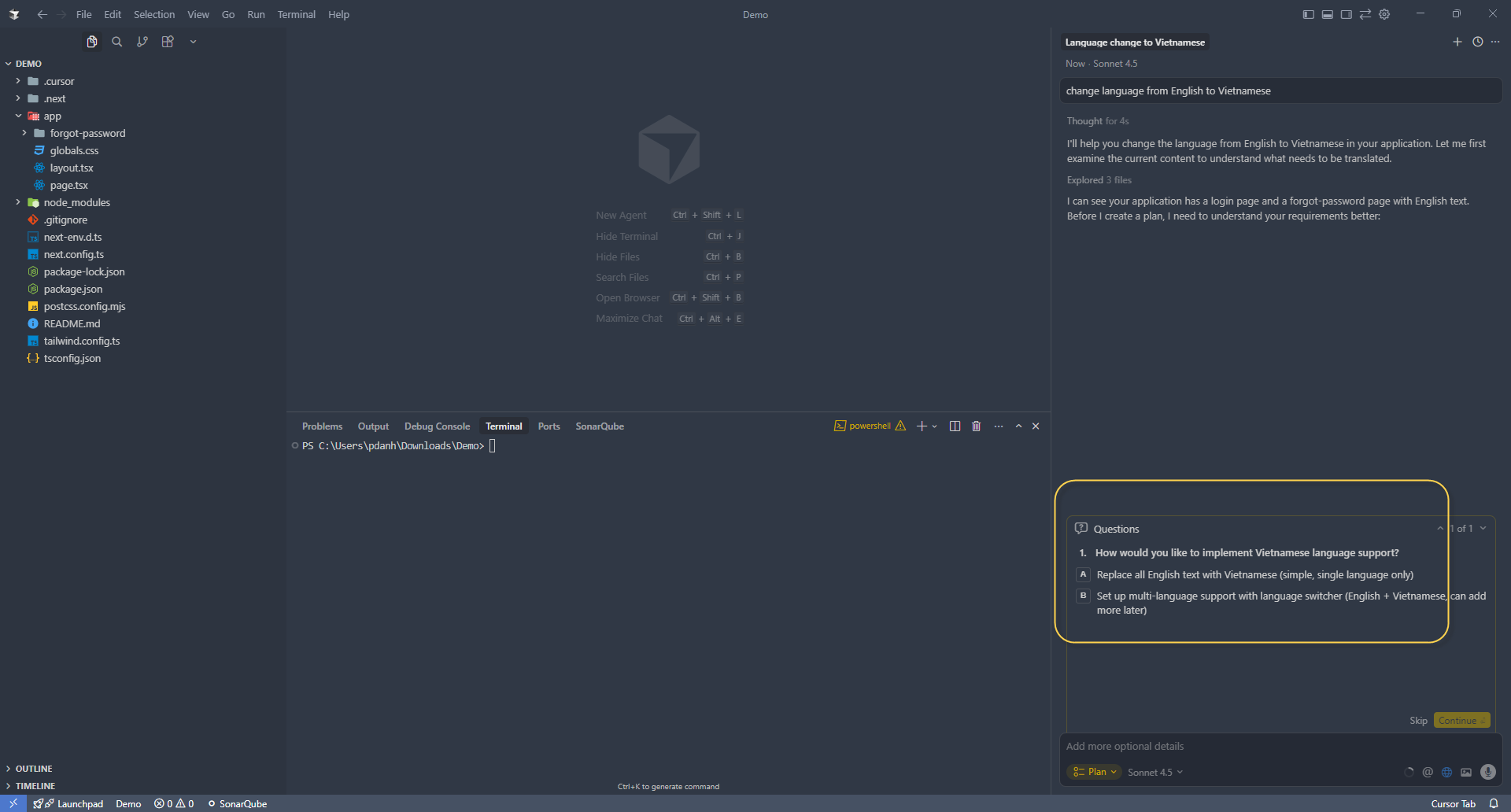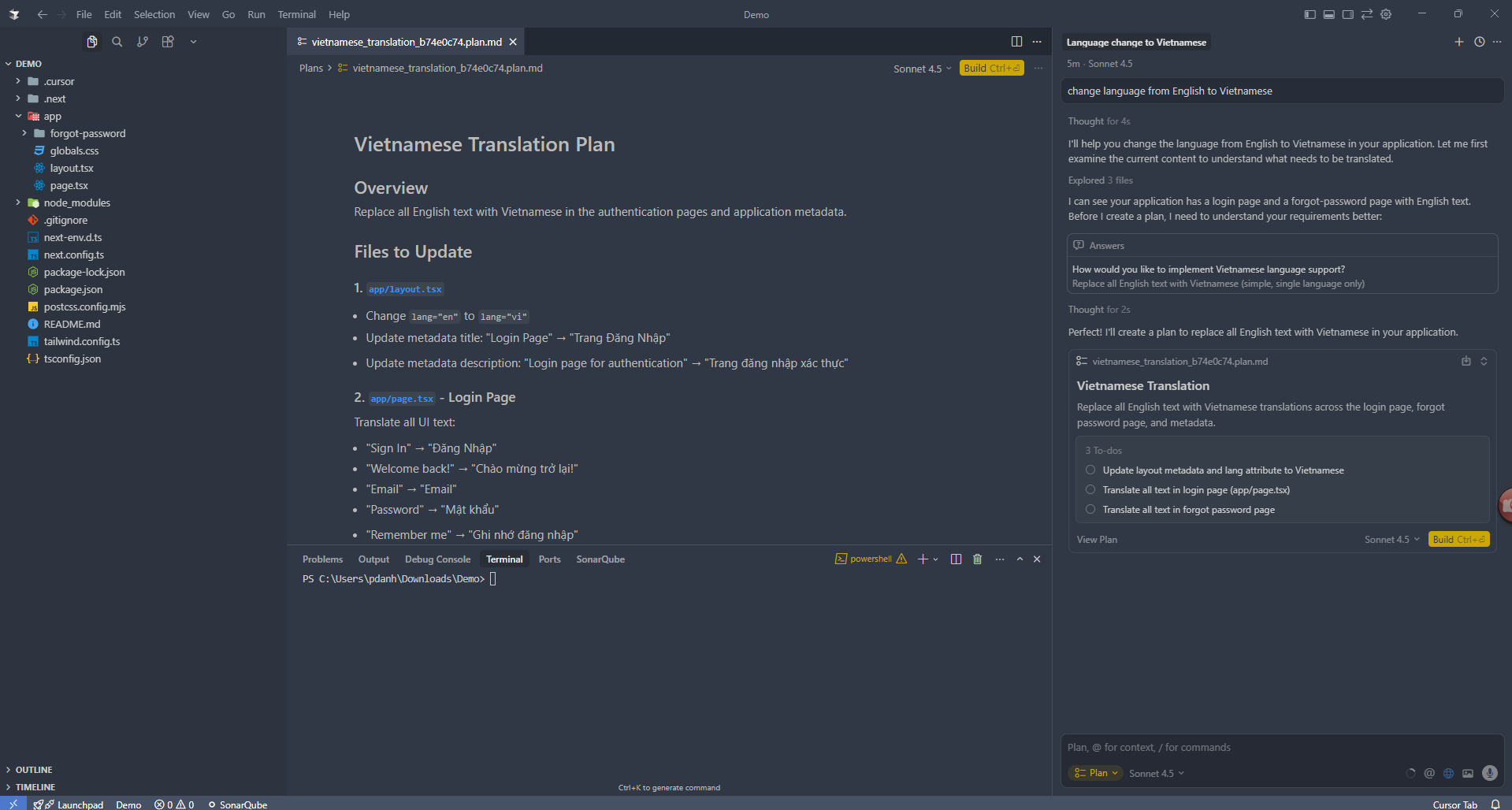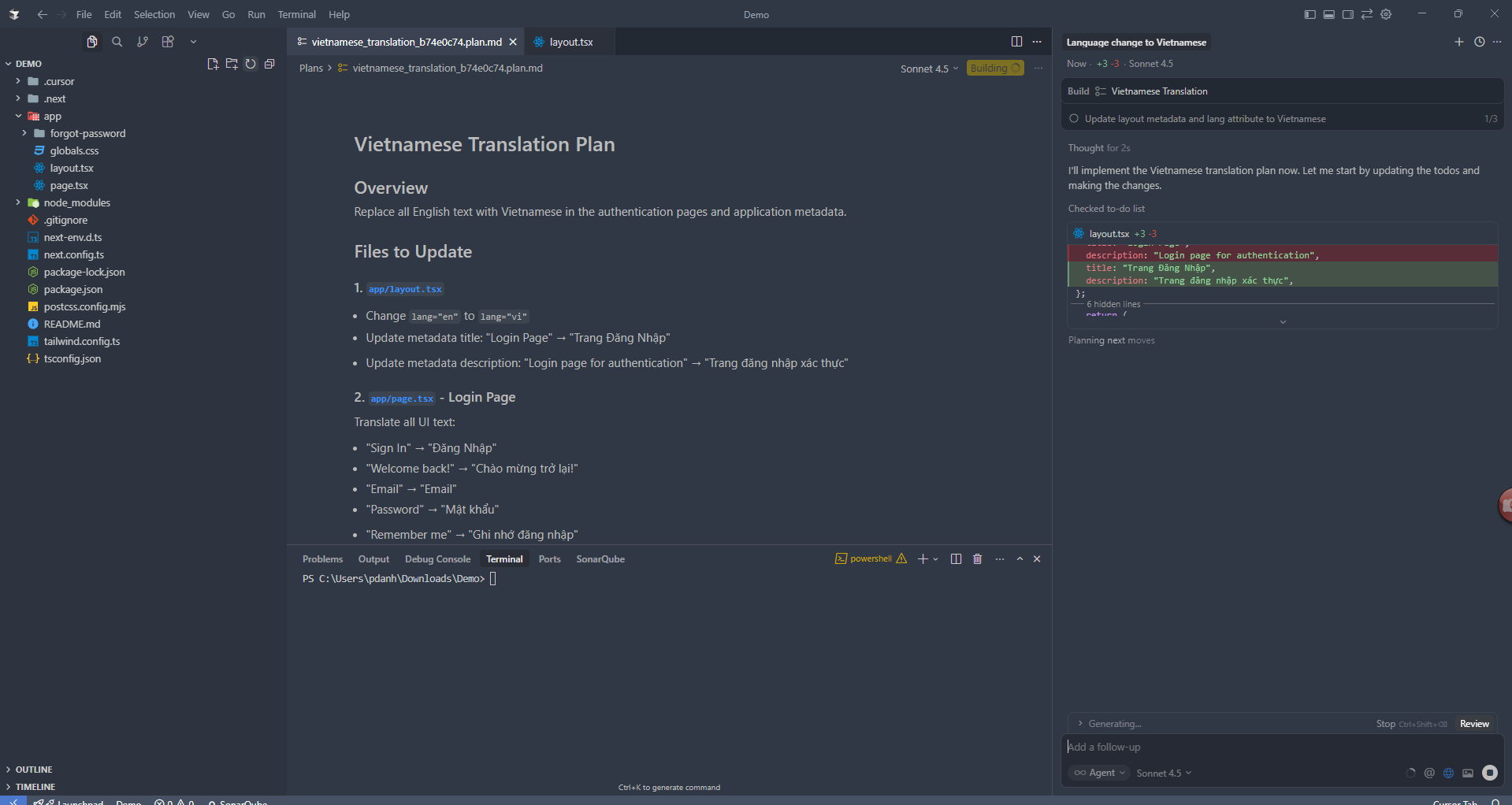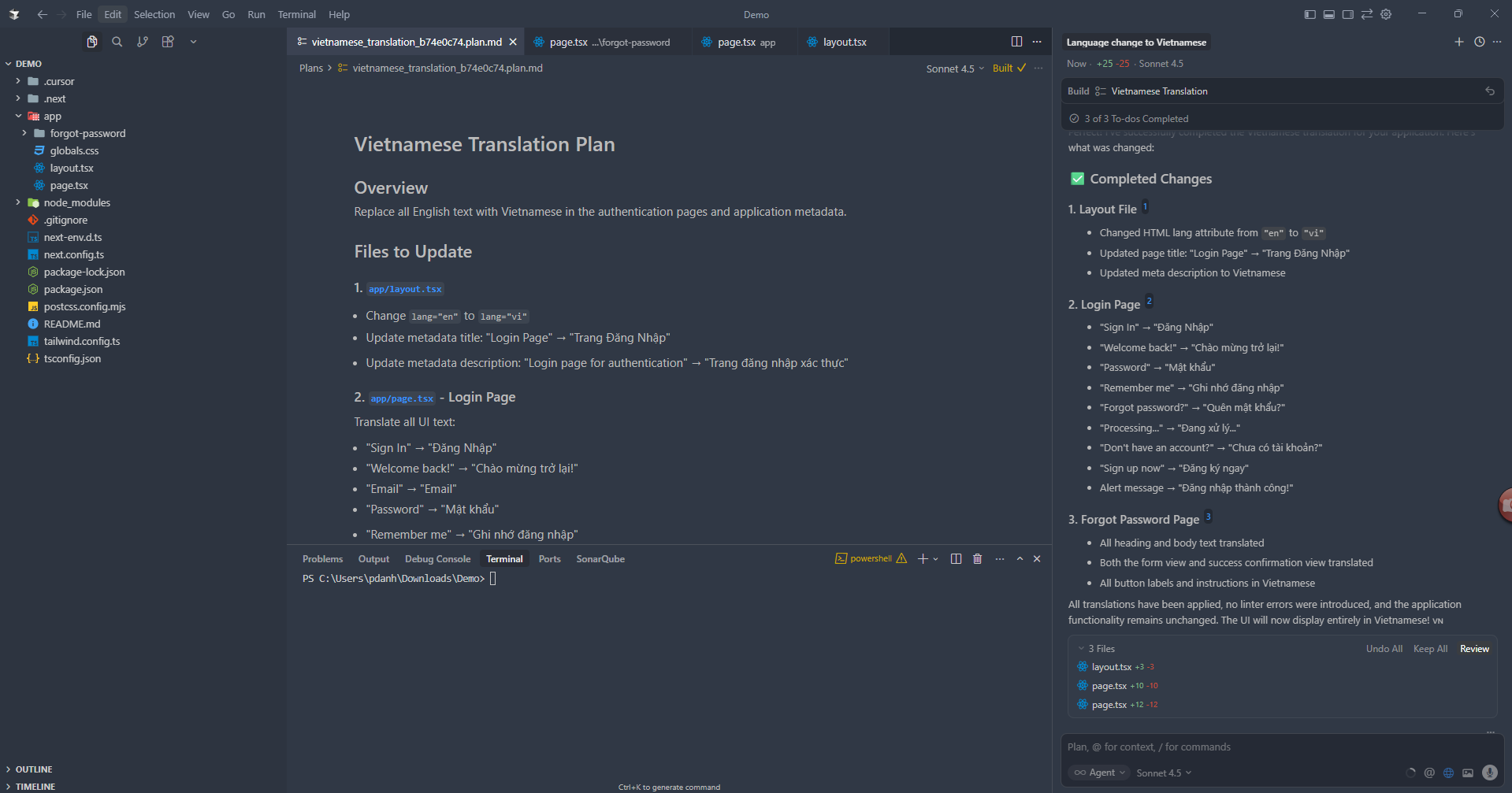Released alongside .NET 10 and supported in Visual Studio 2022, C# 14 introduces a set of thoughtful improvements aimed at making your code more concise, efficient, and expressive. Whether you’re maintaining large-scale applications or writing performance-critical components, these enhancements will help streamline your workflow.
In this article, we’ll explore the standout features of C# 14, explaining their benefits and providing practical examples so you can start using them right away
1. Null-Conditional Assignment: Simplify Your Null Checks
Handling null values has always been a common pain point in programming. C# 6 introduced the null-conditional operator (?.), making it easier to safely access members of possibly null objects. C# 14 takes this a step further by allowing you to use null-conditional operators on the left side of assignments.
Why is this useful?
Before, if you wanted to assign a value to a property or field only if the target object wasn’t null, you had to explicitly check for nullity:
if (customer != null)
{
customer.OrderCount += 1;
}
With C# 14, this becomes more succinct and readable:
customer?.OrderCount += 1;
What happens here?
If customer is null, the assignment is skipped silently; if not, the increment is applied. This eliminates boilerplate null checks and makes your intentions crystal clear.
Limitations:
- This syntax supports assignment and compound assignments like += or -=.
- It does not support increment (++) or decrement (--) operators.
2. Partial Events and Constructors: Organize Large Codebases Better
When working on complex applications, it’s common to split class definitions across multiple files using the partial keyword. C# 14 expands this to include events and constructors, enabling you to organize your code more flexibly.
Partial Constructors:
- You can declare a constructor’s signature in one file and its implementation in another.
- Only the implementing constructor can have a constructor initializer (base() or this()).
- This is especially useful when combining generated code with handwritten code.
Partial Events:
- Allows separating the event declaration and the add/remove implementation.
- You declare a field-like event in one partial declaration and implement the accessors elsewhere.
Example:
In File1.cs
public partial class MyComponent
{
public partial event EventHandler? Updated;
public partial MyComponent();
}
In File2.cs
public partial class MyComponent
{
public partial event EventHandler? Updated
{
add { /* add logic */ }
remove { /* remove logic */ }
}
public partial MyComponent()
{
// constructor implementation
}
}
This feature encourages better separation of concerns, making large teams and auto-generated code easier to manage.
3. Lambda Parameters: Modifiers Without Types
Lambda expressions are a staple of modern C#, but until now, adding parameter modifiers (ref, out, in, scoped, ref readonly) meant explicitly typing all parameters, which cluttered the code.
Before C# 14:
delegate bool TryParse<T>(string input, out T result);
TryParse<int> parser = (string input, out int result) => int.TryParse(input, out result);
With C# 14:
TryParse<int> parser = (input, out result) => int.TryParse(input, out result);
This means you can keep the concise, type-inferred style of lambdas and use modifiers where necessary.
Why it matters:
- Removes redundant type declarations when modifiers are used.
- Makes lambdas easier to read and write.
- Keeps the code clean without sacrificing explicitness when needed.
Note: The params modifier still requires explicit typing.
4. nameof Supports Unbound Generic Types: Smarter Metaprogramming
The nameof operator is incredibly useful for getting the string name of variables, types, or members in a safe, refactor-friendly way. Until C# 14, it only worked with closed generic types.
Example before C# 14:
Console.WriteLine(nameof(List<int>)); // Outputs: "List"
Trying to do nameof(List<>) was invalid.
Now with C# 14:
Console.WriteLine(nameof(List<>)); // Outputs: "List"
This enhancement simplifies code generation, logging, and diagnostics that work with generic type definitions instead of specific instantiations.
5. First-Class Support for Span<T> and ReadOnlySpan<T>
Span<T> and ReadOnlySpan<T> are vital for writing high-performance code that manipulates memory safely. Previously, working with these types often required explicit conversions from arrays or other buffers, which cluttered code and added overhead.
C# 14 introduces implicit conversions that allow more seamless interaction between:
- Arrays (T[])
- Span<T>
- ReadOnlySpan<T>
What this means for you:
- You can pass arrays directly where spans are expected without calling .AsSpan().
- Extension methods can target spans naturally.
- Generic type inference works better with spans.
Example:
void LogData(ReadOnlySpan<char> data)
{
Console.Writeline(data.ToString());
}
char[] buffer = new char[] { 'H', 'e', 'l', 'l', 'o' };
Previously you needed this:
LogData(buffer.AsSpan());
Now implicit conversion makes this possible:
LogData(buffer);
This feature reduces friction when optimizing code paths and improves readability in performance-critical scenarios.
6. The field Keyword: Simplify Property Accessors
One of the most appreciated changes in C# 14 is the introduction of the field keyword, which lets you write property setters or getters with custom logic without manually declaring backing fields.
Previously:
private string? _name;
public string Name
{
get => _name!;
set => _name = value ?? throw new ArgumentNullException(nameof(value));
}
With field:
public string Name
{
get;
set => field = value ?? throw new ArgumentNullException(nameof(value));
}
The compiler synthesizes a backing field for you, which reduces boilerplate while keeping the ability to add validation or other logic in your accessors.
Important:
- If your class already has a member named field, use @field or this.field to disambiguate.
- You can define bodies for either or both accessors.
This makes properties far easier to maintain and less error-prone.
7. Extension Members
C# 14 revolutionizes extensions with "extension members," using a new extension block syntax. This feature moves beyond just methods, allowing developers to cleanly augment existing types like DateTime with properties and even static members.
For instance members, you define a block like extension(DateTime date). This is ideal for adding computed properties that feel native to the type. For example, you can easily add a property to check if a specific date is a weekend:
Inside a static class
extension(DateTime date)
{
public bool IsWeekend => date.DayOfWeek is DayOfWeek.Saturday or DayOfWeek.Sunday;
}
This enables more readable code, such as if (invoiceDate.IsWeekend).
More profoundly, you can add static members to the type itself with the extension(DateTime) syntax. This is perfect for utility properties or factory methods. For instance, getting tomorrow's date becomes incredibly simple and intuitive:
Inside the same static class
extension(DateTime)
{
public static DateTime Tomorrow => DateTime.Now.AddDays(1);
}
This allows for a natural call like var deadline = DateTime.Tomorrow;, instead of using a separate helper class.
Final Thoughts
C# 14 may not be headline-grabbing with massive new syntax, but its targeted improvements make everyday coding smoother and more enjoyable. From reducing null check clutter and simplifying property definitions to better span support and more expressive lambdas, it’s a meaningful step forward.
If you’re working on modern .NET applications, upgrading to the .NET 10 SDK and Visual Studio 2022 to start using these features is highly recommended. And don’t forget to share your feedback with the C# team — it helps drive future enhancements!
Whether you need scalable software solutions, expert IT outsourcing, or a long-term development partner, ISB Vietnam is here to deliver. Let’s build something great together—reach out to us today. Or click here to explore more ISB Vietnam's case studies.
Referene: What new in C# 14

